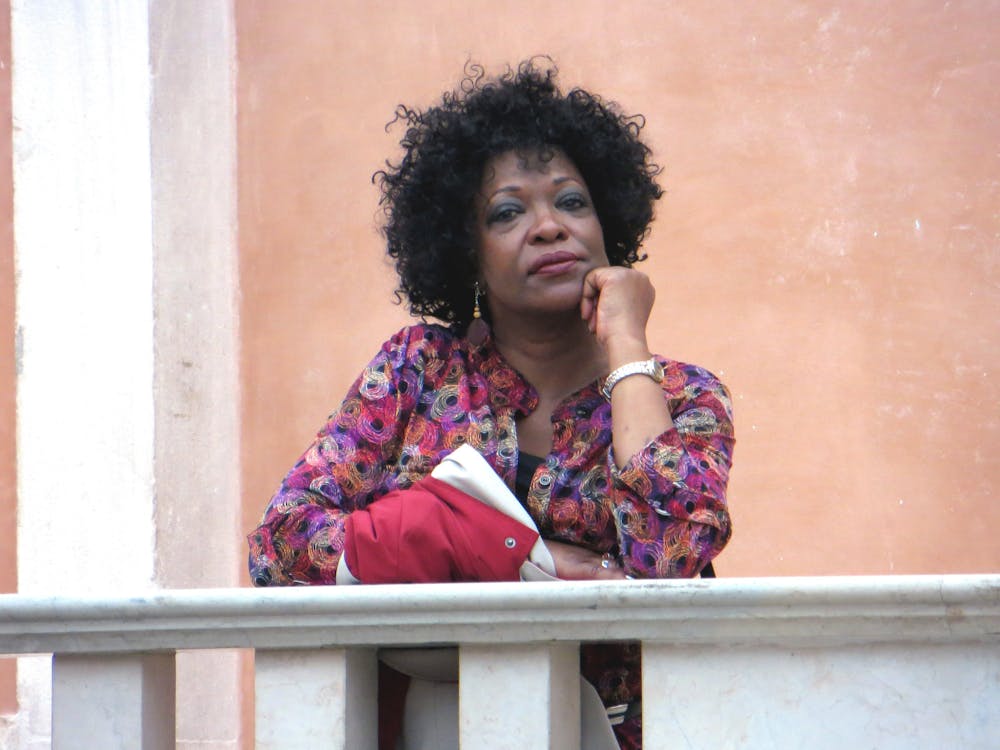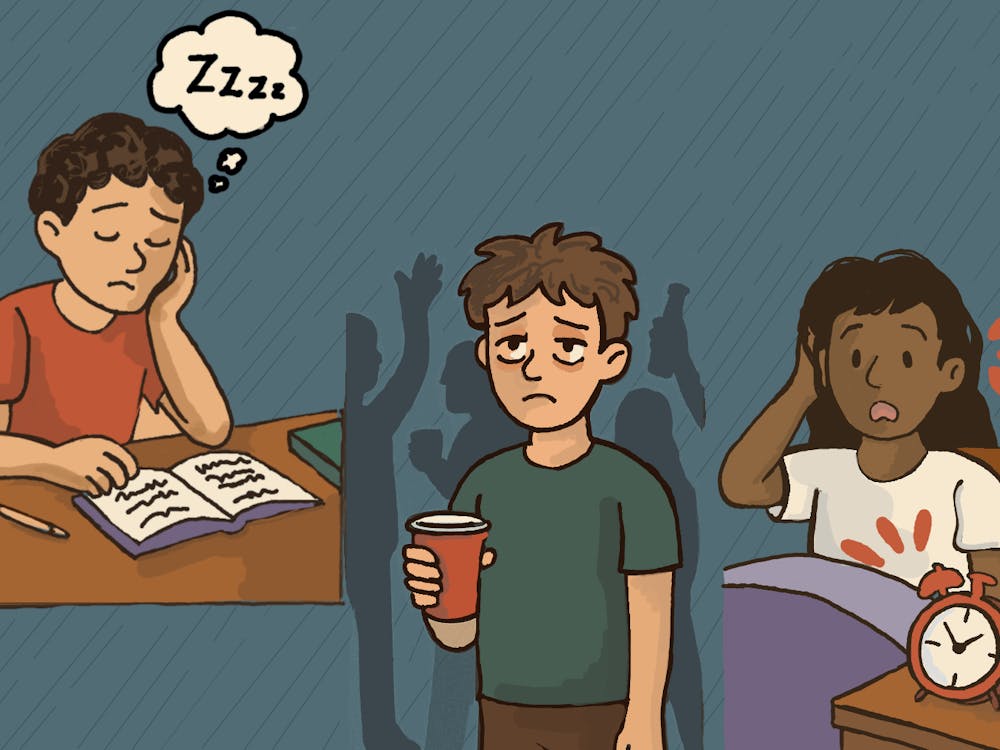The National Book Foundation presented Rita Dove, the Henry Hoyns Professor of Creative Writing at the University, the 2023 Medal for Distinguished Contribution to American Letters in New York Tuesday. She is the fourth poet to be honored with this award and the first African American poet. Dove’s decades-long legacy in writing heartfelt and genuine literature inspired from her own life experiences has earned her this notable achievement.
Dove is the 36th recipient of this award, which was created in 1988 as a way to recognize individuals who have contributed years of notable literary achievement. The Foundation’s Medal for Distinguished Contribution to American Letters awards $10,000 to recipients and a solid brass medal.
When asked about her initial motivation to become a writer, Dove describes reading as a transient, imaginative world of her childhood, which, in turn, fueled her passion for writing.
“It was the most efficient adventure you could have — pick up a book and go anywhere in the world, be in the mind of any person in the world,” Dove said. “So that was, for me, my private, other world. I started writing because I wanted to be in that world more often.”
Born in Akron, Ohio, Dove graduated with a B.A. in English from Miami University of Oxford, Ohio. She went on to study German poetry at Universität Tübingen as a Fulbright fellow, and then received her Masters of Fine Arts in Creative Writing from the University of Iowa. Among other tremendous accolades, Dove was the Poet Laureate of the United States from 1993 to 1995. Since 1993, Dove has been a professor at the University, where she teaches creative writing.
Dove’s body of work is varied, including 11 poetry collections, a book of short stories and several plays and songs. Among her numerous awards for her work over the years, her third poetry collection, “Thomas and Beulah” won the 1987 Pulitzer Prize. Dove emphasized the significance of winning the Pulitzer Prize for this collection, which was inspired by the lives of her maternal grandparents.
Unlike the pieces of literature that Dove frequently read about African Americans, which was usually based in a ghetto neighborhood or involved a major tragedy, Dove wanted to humanize African Americans in her work and demonstrate that the aspects that are common to humanity are shared among all people.
“It was a work that dealt with the underside of history, but dealt with very ordinary people,” Dove said. “They happen to be Black, they happen to be African American. It was based on my grandmother and grandfather's life. Nothing spectacular really happens … but it's a story of a marriage and life.”
Dove said while she likes to emphasize the unifying factors of humanity, she also attempts to focus on those lives that do not often receive the type of recognition they deserve. The elements of history and society that are not mentioned in history books — especially historically marginalized people such as women and people of color — can be equally as important. According to Dove, it is these elements that she wishes to convey to her readers.
“I can tell you that a lot of writers, editors and reviewers have said that I write about … the things that don't get in the history book, which is, of course, all of our lives, most of what we think and breathe and feel is never going to make it in the history book,” Dove said.
Dove’s goals for her writing often transcends different creative and literary mediums such as drama, prose and poetry. For example, in her work as a playwright, she is able to elicit the same emotional investment for her readers as in her other writing. Yet, the production process is inherently different from her poems and prose. Dove mentioned how writing for the theater has challenged the way and the amount that she focused on the tone, delivery and pace of the speech.
“It expanded my horizons in terms of the ways in which language can also resonate on the page,” Dove said. “It challenged me to write something that could only be said a certain way.”
Through her time as a professor at the University, Dove also reflected on what she has learned from her students, as well as what were her primary motivations for getting involved in teaching.
“I've learned never to underestimate a student. I've also learned that first of all, I can learn from students, they keep me honest, they keep me up to date,” Dove said.
Additionally, Dove gives advice to students at the University who are interested in pursuing creative writing.
“I tell students, look, if you want to be a writer and a poet, you have to want it with your whole heart, you want to do it despite everything else,” Dove said. “ In a certain way, it's like your habit, and you've got to find a way to feed it.”
In this respect, Dove advises students to continuously nourish their interest in writing, reflecting on how valuable it is to her that she has received recognition from her peers, mentors and role models at the National Book Foundation for cultivating her own passion for writing.
“To have them say that you've contributed to this, to our art world, to the literary landscape, one that I've always loved, means everything in the world, it’s what I've tried to do all my life,” Dove said. “It's what I feel like it's my calling to, to write, but also to contribute to the letters in every way, and that recognition is really the greatest honor.”







